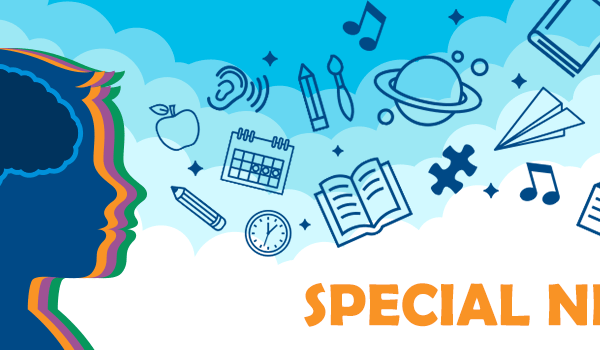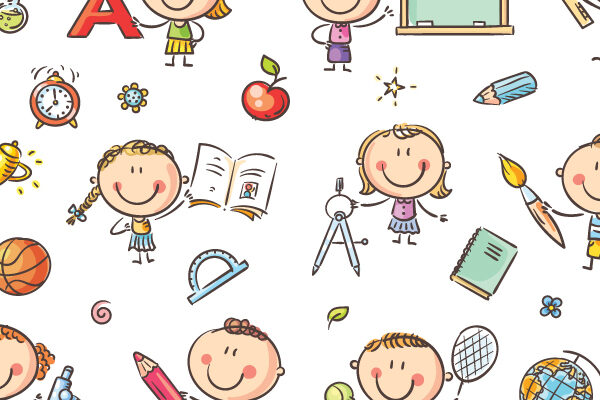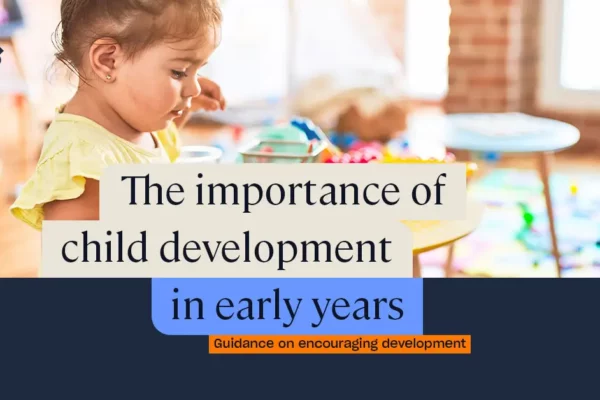Early childhood education is a crucial stage in a child’s development. It lays the foundation for future learning and provides a solid base upon which all future knowledge can be built. As an educator, I have witnessed firsthand the profound impact that early childhood education has on a child’s cognitive, social, and emotional development. In this article, I will delve into the various benefits of early childhood education, the role of parents and caregivers, different approaches to early childhood education, and the importance of creating a supportive and stimulating environment for young learners.
The benefits of early childhood education
Early childhood education has a multitude of benefits that extend far beyond the early years. Research has consistently shown that children who receive quality early education are more likely to succeed academically and socially later in life. These children develop strong language and communication skills, which serve as the building blocks for literacy. They also acquire essential social skills such as cooperation, empathy, and conflict resolution, which are crucial for healthy relationships and future success in the workplace.
Furthermore, early childhood education nurtures a child’s natural curiosity and fosters a love for learning. It promotes creativity, problem-solving abilities, and critical thinking skills, which are essential for navigating the complexities of the modern world. By engaging children in age-appropriate activities and providing them with opportunities to explore and experiment, early childhood educators empower young learners to become active participants in their own education.

The impact of early childhood education on future learning
The impact of early childhood education extends well beyond the early years and has a lasting effect on a child’s future learning. Numerous studies have shown that children who participate in high-quality early childhood education programs are more likely to graduate from high school, attend college, and secure stable employment. They also exhibit higher levels of self-regulation, perseverance, and resilience, enabling them to overcome challenges and adapt to new situations.
Early childhood education lays the groundwork for future academic success by developing essential cognitive skills such as problem-solving, critical thinking, and information processing. It also establishes a strong foundation in literacy and numeracy, ensuring that children are well-prepared for the academic demands of later years. Additionally, early childhood education fosters a positive attitude towards learning, instilling a lifelong love for education and a thirst for knowledge.
The role of parents and caregivers in early childhood education
While early childhood educators play a vital role in a child’s development, parents and caregivers are equally important partners in early childhood education. Parents are a child’s first and most influential teachers, and their involvement in their child’s education is crucial. By creating a nurturing and stimulating home environment, parents can support their child’s learning journey.
Parents can engage in activities that promote language development, such as reading books and engaging in conversations. They can also provide opportunities for hands-on learning and exploration, such as visits to museums, parks, and zoos. Additionally, parents can collaborate with early childhood educators to ensure a seamless transition between home and school, fostering continuity in a child’s learning experience.
Different approaches to early childhood education
There are various approaches to early childhood education, each with its own unique philosophy and methodology. Some popular approaches include Montessori, Reggio Emilia, Waldorf, and play-based learning. These approaches emphasize different aspects of a child’s development and provide diverse learning experiences.
The Montessori approach focuses on hands-on learning and self-directed exploration, allowing children to learn at their own pace and follow their interests. The Reggio Emilia approach places a strong emphasis on creativity, collaboration, and the arts, encouraging children to express themselves through various mediums. The Waldorf approach emphasizes holistic development, incorporating arts, movement, and nature into the curriculum. Play-based learning recognizes the importance of play in a child’s development and uses play as a vehicle for learning.
Creating a supportive and stimulating environment for early childhood education
Creating a supportive and stimulating environment is essential for effective early childhood education. A well-designed learning environment should be safe, engaging, and conducive to learning. It should provide ample opportunities for exploration, play, and social interaction.
The physical environment should be organized and aesthetically pleasing, with age-appropriate materials and resources readily accessible to children. It should be flexible and adaptable to accommodate different learning activities and promote independent exploration. The learning environment should also reflect the diversity of the children and their families, fostering a sense of belonging and inclusivity.
In addition to the physical environment, the emotional environment is equally important. Early childhood educators should create a warm and nurturing atmosphere where children feel valued, respected, and supported. Positive relationships and effective communication between educators, children, and families are crucial for creating a sense of community and promoting optimal learning outcomes.
Early childhood education programs and resources
There are numerous early childhood education programs and resources available to support children’s learning and development. Preschools and childcare centers offer structured programs that focus on early literacy, numeracy, and social-emotional development. These programs often incorporate play-based learning, hands-on activities, and group interactions, fostering a holistic approach to education.
Furthermore, there is a wide range of educational resources available for parents and caregivers to supplement their child’s learning. Books, educational apps, online learning platforms, and educational toys can all be beneficial in reinforcing and extending the concepts introduced in the classroom. These resources provide opportunities for independent learning and allow parents to actively engage in their child’s education.
The importance of qualified early childhood educators
The role of early childhood educators is pivotal in providing quality early childhood education. Qualified educators possess the knowledge, skills, and expertise necessary to create a nurturing and stimulating learning environment. They understand the unique developmental needs of young children and tailor their instruction to meet these needs.
Qualified early childhood educators employ evidence-based practices and stay abreast of the latest research in the field. They collaborate with parents and caregivers, as well as other professionals, to ensure a holistic approach to a child’s development. They continuously reflect on their practices, seeking opportunities for professional growth and improvement.
Investing in the professional development and support of early childhood educators is crucial for enhancing the quality of early childhood education. By providing ongoing training, mentorship, and resources, educators can stay informed about best practices and deliver high-quality instruction that meets the diverse needs of young learners.
Overcoming challenges in early childhood education
While early childhood education offers numerous benefits, there are also challenges that need to be addressed. One of the primary challenges is the lack of access to quality early childhood education, particularly for disadvantaged communities. Limited availability, high costs, and insufficient resources pose barriers to equitable access to early childhood education.
Additionally, there is a need to address the shortage of qualified early childhood educators. The demand for early childhood education professionals continues to grow, yet the supply is not keeping pace. Attracting and retaining qualified educators requires competitive salaries, professional development opportunities, and support systems that recognize the importance of their role.










Comments on " The Importance of Early Childhood Education: Building the Foundation for Lifelong Learning" :